Caves are fragile subterranean worlds but are quite often forgotten and polluted.
Nature lover Borut Lozej, speleologist and ranger at the Škocjan caves park, brings extensive knowledge of the area to this CAVES edition.
“Caves are often used improperly as places for throwing trash. Contamination of the underworld endangers cave life and water,” he says.
Borut warns that cave water doesn’t have time to regenerate itself. “Trash hidden underground does not finish there – it rises and quickly pollutes rivers and springs,” he points out.
Groundwater from the Karst Plateau supplies over half a million people on both sides of the Slovenian and Italian borders. “We should pay attention to it, protect it and respect it. This is a very special world,” he adds.
“Astronauts will see how vulnerable these hidden places are, and how the caves preserve our most important resource for life – water,” says speleologist Daniela Barbieri, in charge of Facility Management for CAVES. About a quarter of the planet’s fresh drinking water comes from cave aquifers.
Borut has first-hand experience in protecting caves. He has helped cleaning and closing access to many caves in Slovenia. “The local population is more aware of their importance. They take part in sustainable development, embracing natural values and good traditions,” he explains.
The ranger helped local communities to get involved in the protection of the 2000 species and habitats of the Karst area with the Za Kras project. Borut encourages active participation as well as donations.
Zero-waste policy
During CAVES, no waste will be left behind, including human bio-waste. “It is everybody’s task to protect our planet,” says Francesco Maria Sauro, CAVES Logistics Manager from Miles Beyond.
To contribute to the protection of this underground continent, Miles Beyond removed around 1000 kg of waste left behind by previous expeditions. The operation required an electric winch at the entrance of the cave.
“It was a hard job, but totally worth it. We are taking care of this unknown world under our feet in collaboration with local institutions and partners. This is the only planet we have,” says Daniela.
Kristjan Rešaver, president of Divača’s caving club, is an electrical engineer who devotes himself to the beauty of the cave world. “Our caving club takes care of some of the caves in this region. We are now in a period of intensive cleaning and protection of the Divaška Jama cave, which has been open to tourists since 1887 and has now been chosen by CAVES for astronaut science training,” he says.
Microplastics
Monitoring the presence of microplastics is part of the CAVES scientific programme. These millimetre-sized pieces of plastics end up in the food chain and raise concerns for the environment and human health.
The astronauts will locate bodies of water while exploring the cave system, they will take samples and analyse the water back at base camp. These measurements will help determine the chemical composition and physical properties of the cave water.
Scientists above the ground will collect the samples to examine the presence of microplastics.
“I think this is a kind of expedition that unites people who want to do something good for our planet,” ponders Borut.

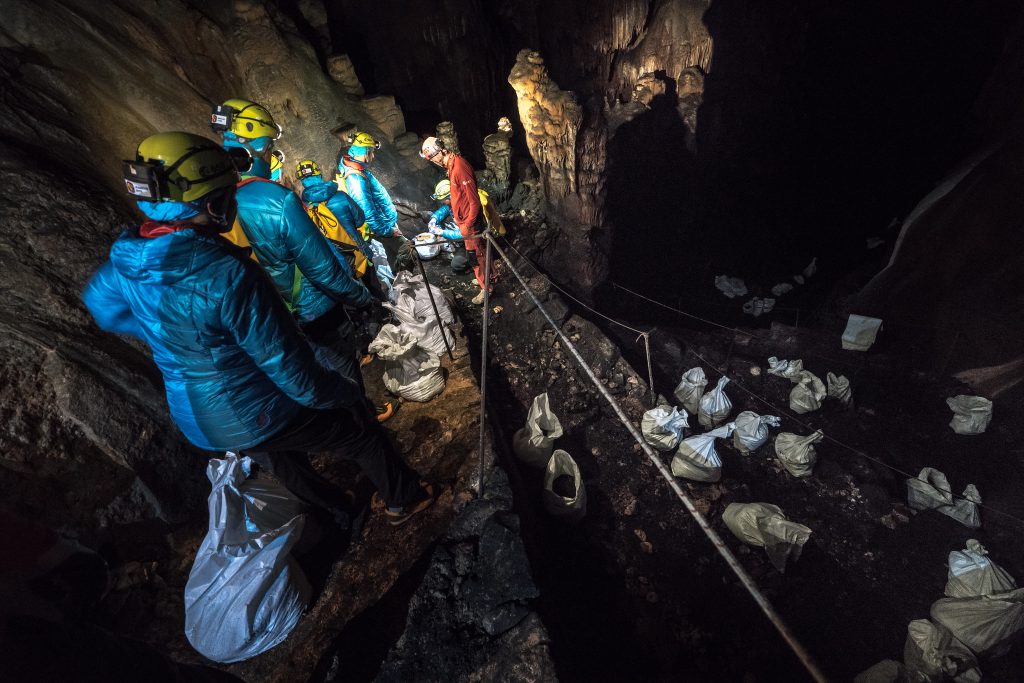
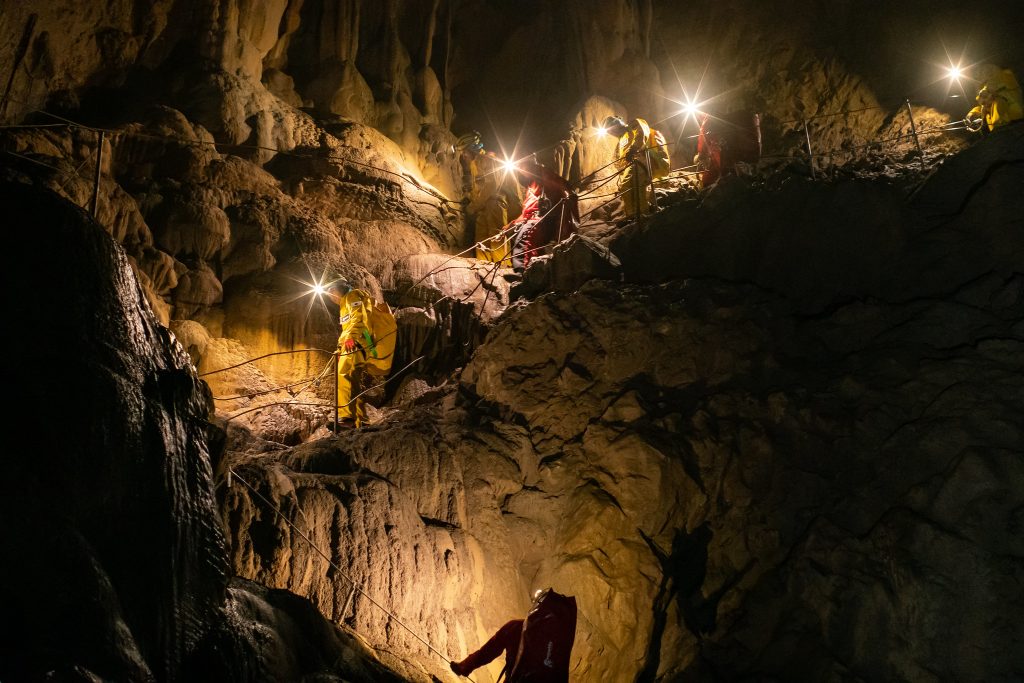
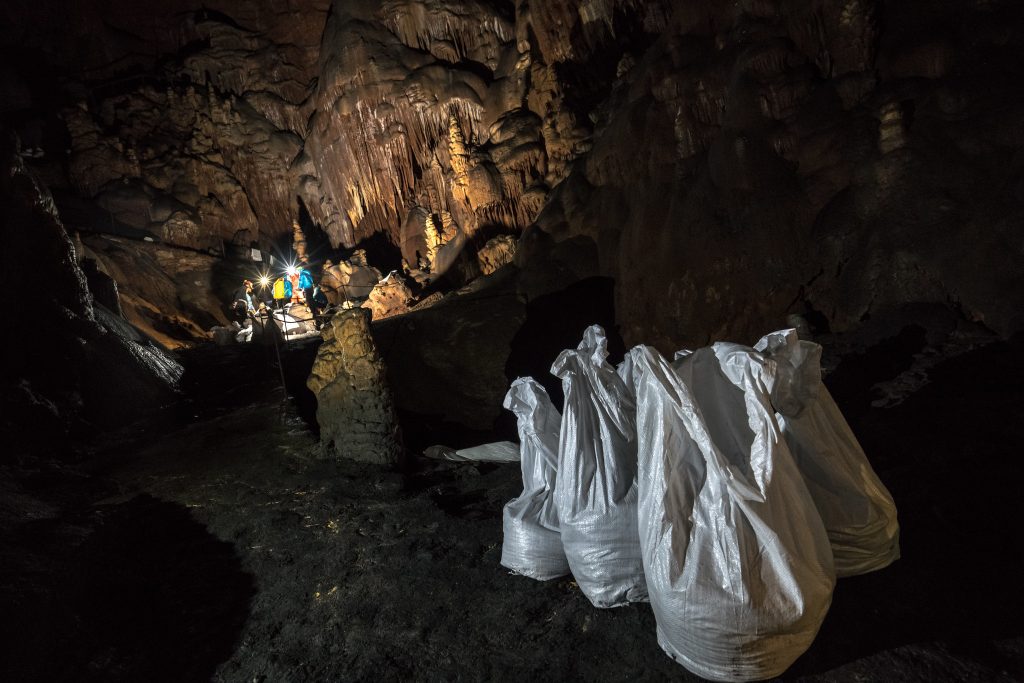
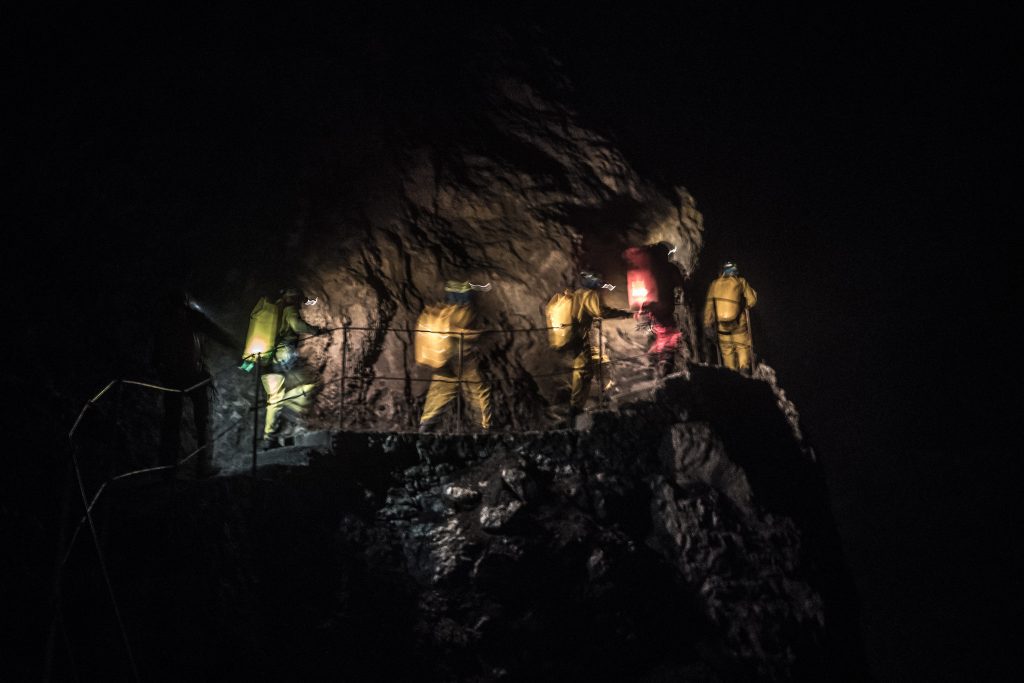
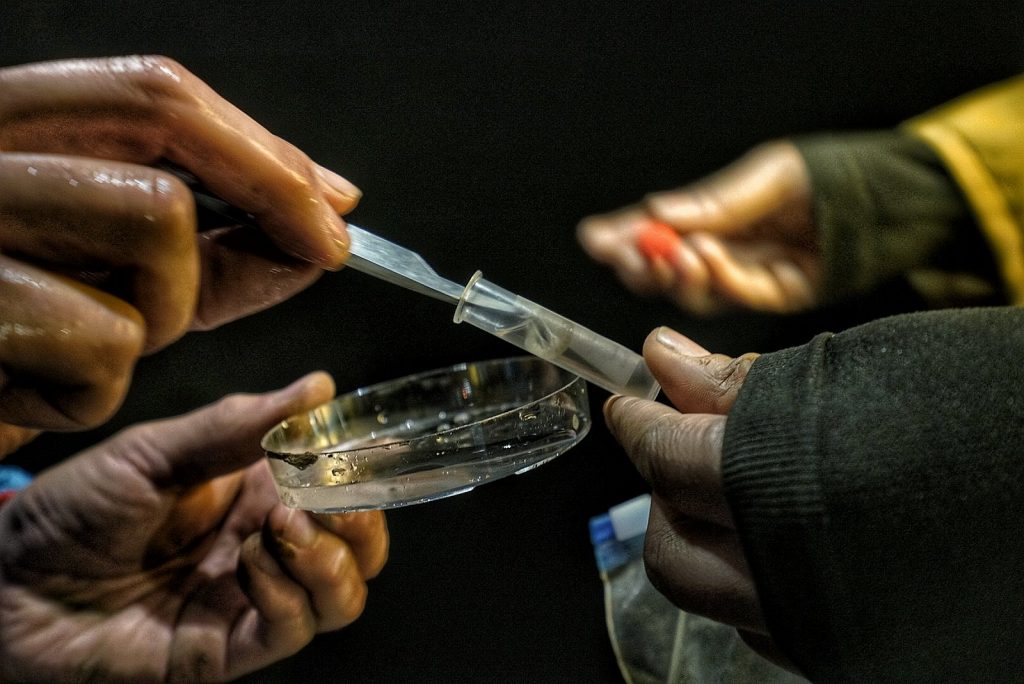
Discussion: no comments